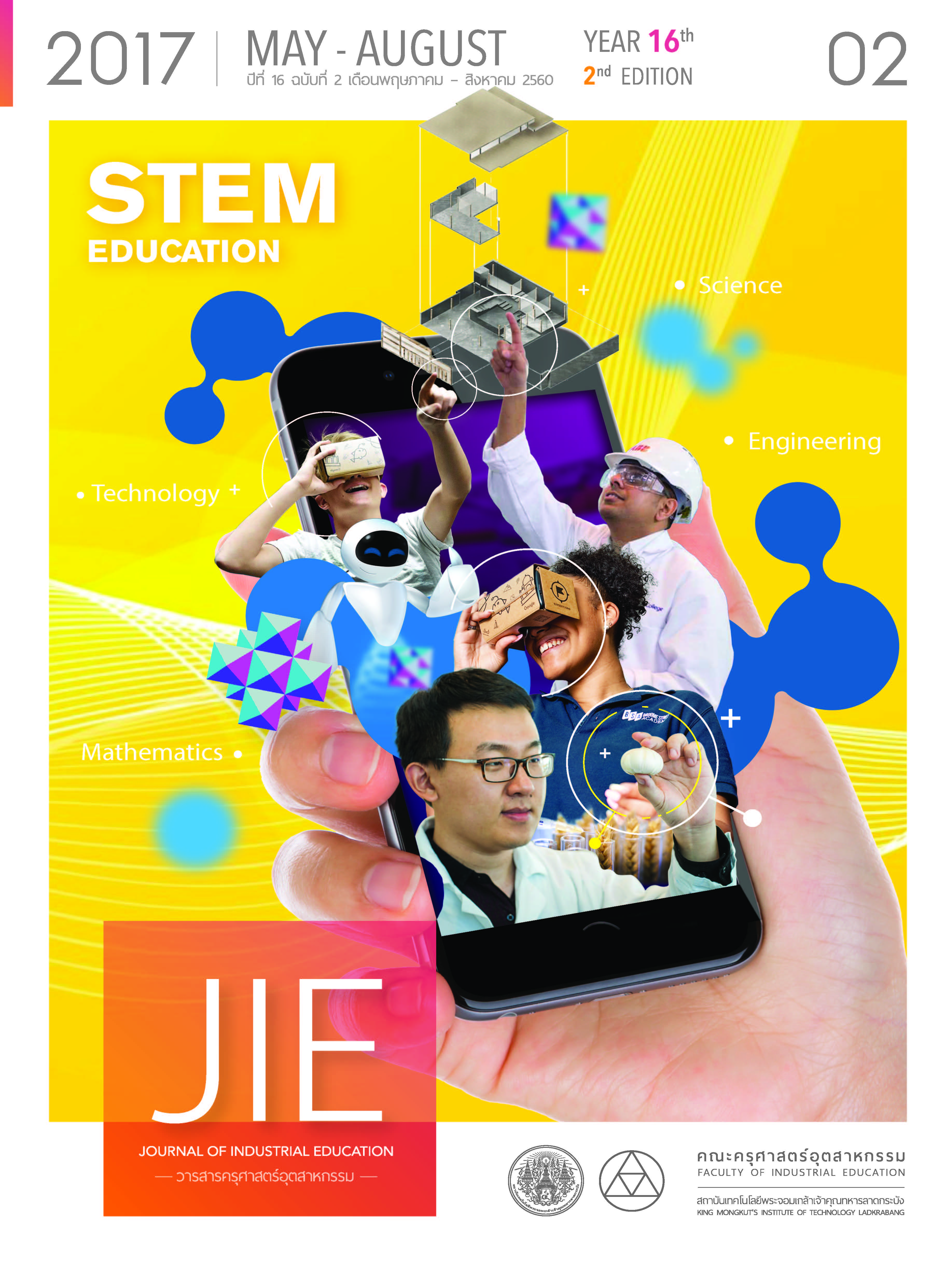ACADEMIC ADMINISTRATION MODEL FOR PROMOTION OF MORALITY OF UPPER SECONDARY STUDENTS IN SCHOOLS UNDER THE OFFICE OF BASIC EDUCATION COMMISSION
Keywords:
model, academic administration, moral, upper secondary studentsAbstract
This research presents an academic administration model for promotion of morality of upper secondary students in schools under The Office of Basic Education Commission. The purposes of this research were to 1) find out current condition and direction of academic administration model for promotion of upper secondary students ; 2) to study the opinions of policy administrators of promotion of morality of upper secondary students in schools; and 3) develop an administration model for promotion of upper secondary students. The data collected by interviewing five policy level administrators , school director, and assistants school director of academic department. The questionnaire was applied to 331 school directors. The data was analyzed in terms of mean () and standard division (S.D.). The data analyze were used to draft and model which were then evaluated by a focus group discussion of 12 experts.
The results revealed that the model of academic administration for promotion of morality consisted of 3 parts. The first one is leading which comprised the principle for promotion of morality consisted of three parts. The first one was a preface which comprised of morality promotion principle, participation principle, and integration principle. The second was the academic administration process consisted of planning, organizing, leading, and controlling in accordance with academic administration scope which included 11 main tasks which supported eight desired characteristics of the students. The last one was success factors related to policy and action personnel, school directors, teachers and education personnel, students, parents and the communities.
References
[2] Tungkunanan, P. 2014. The Development of The Quality of Life of Thai Teacher According to The Philosophy of The Sufficiency Economy. Journal of Industrial Education, 13(3), p.190-197.
[3] Holt. A. 1994. The New School Governor: Realizing the Authority in the Head and Governing Body. London: Biddles Ltd.
[4] Robbins, S. P. 1994. Essentials of Organization Behavior. 4th ed. Englewood cliffs,New Jersey: Prentice Hall.
[5] Dessler, G. 2004. Management Leading People and Organizations in the 21st Century.New Jersey: Prentice Hall.
[6] Fry, H.; S. Ketteridge and S. Marshall. 2009. A Handbook for Teaching and Learning in Higher Educatio: Enhancing Acadamic Pratice. 3rded. NewYork : Taylor & Francis.
[7] Bureau of Academic Affairs and Educational Standards, 2008. Development approach of Desirable Characteristics measurement and evaluation according to The Basic Education Core Curriculum B.E. 2551. Bangkok: Kurusapa Printing.
[8] Keeves. P. S. 1997. Education Research methodology and measument international handbook. Oxford: Pergam on Press.
[9] Gibson, J. L., et al.1997. Organization: Behavior, structure, process. 12th ed.NewYork : McGraw Hill.
[10] Krejcie, R. V., and D. W. Morgan. 1967. Education Statistic. New York: (n.p.)
Downloads
Published
How to Cite
Issue
Section
License
"The opinions and contents including the words in papers are responsibility by the authors."
"ข้อคิดเห็น เนื้อหา รวมทั้งการใช้ภาษาในบทความถือเป็นความรับผิดชอบของผู้เขียน"



